Li Jin, chief research fellow at the China Enterprise Research Institute in Beijing, said that the timing of the symposium — just before the annual two sessions — showed the central government's emphasis on private enterprises and their increasingly critical role in achieving economic growth targets.
"The remarks confirmed supportive measures, showed a firm tone and offered clear encouragement to private enterprises," Li said.
At the symposium, Xi emphasized the role of private enterprises in advancing China's broader goals in technological innovation, promoting rural vitalization and improving people's well-being.
Tian Xuan, associate dean of Tsinghua University's PBC School of Finance, described the latest policy direction as "forward-looking", emphasizing the increasingly important role of private enterprises in driving China's technological breakthroughs.
"This symposium brought together both traditional manufacturing giants and cutting-edge innovators like DeepSeek and Unitree Robotics — companies making waves in AI, robotics and other frontier technologies," Tian said.
"In the medium to long term, the high-quality development of the private sector will be instrumental in ensuring China's stable economic growth. As private firms continue to push the boundaries of innovation, confidence in Chinese assets will only strengthen," he added.
Xu Hongcai, a prominent economist and deputy director of the economic policy commission of the Beijing-based China Association of Policy Science, noted that such efforts sent a clear signal. Despite shifting global trade policies and external pressures, China remains steadfast in its commitment to high-quality economic development, he said.
Xi presided over a similar symposium in 2018, which was followed by a three-year bull run in China's A-share market. At the 2018 symposium, Xi said the country would unswervingly encourage, support and guide the development of the nonpublic sector and support private enterprises to develop toward a broader stage.
The stance was reaffirmed at the 2022 Central Economic Work Conference, which emphasized that promoting the private sector's growth is a "long-term strategy", rather than a short-term measure.
In 2023, during the two sessions, Xi emphasized that the Party encouraged private enterprises and entrepreneurs to let go of their concerns and burdens and boldly pursue their development.
Xu, the economist, said: "These instances show that China's reform policies are continuous and stable. A stable policy and a good business environment will further enhance private enterprises' confidence, consistently attract more foreign investment and promote sustained economic growth."
According to the Ministry of Industry and Information Technology, as of the end of September last year, China had over 55 million registered private companies, accounting for 92.3 percent of all businesses. They contribute more than half of the country's tax revenue, over 60 percent of GDP and over 80 percent of urban employment.
Notably, they have increasingly become a key pillar of China's innovation ecosystem, contributing to over 70 percent of the nation's technological breakthroughs and making up more than 90 percent of national high-tech businesses.








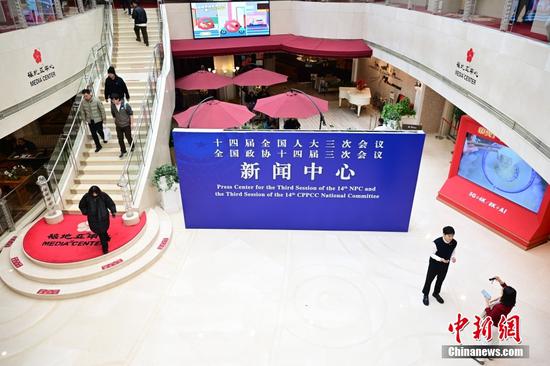


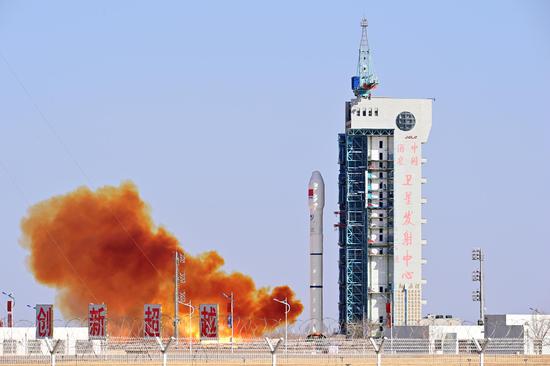


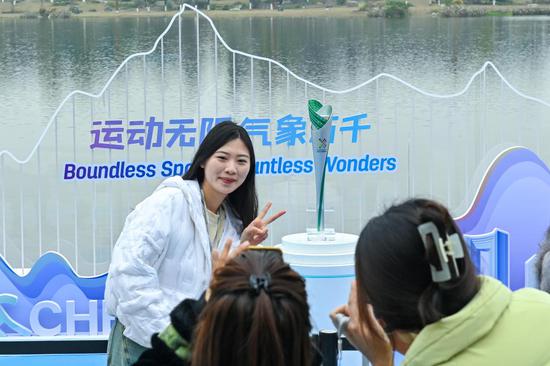
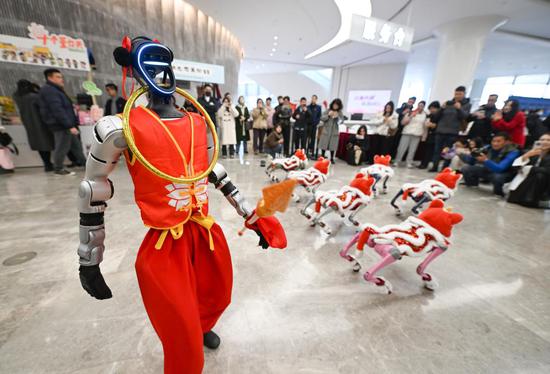










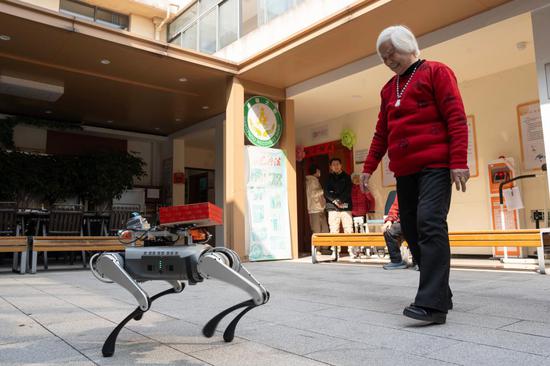



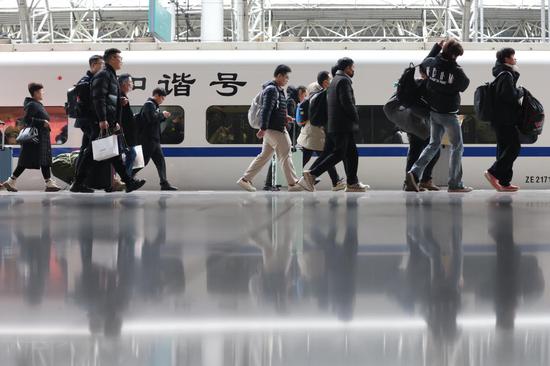



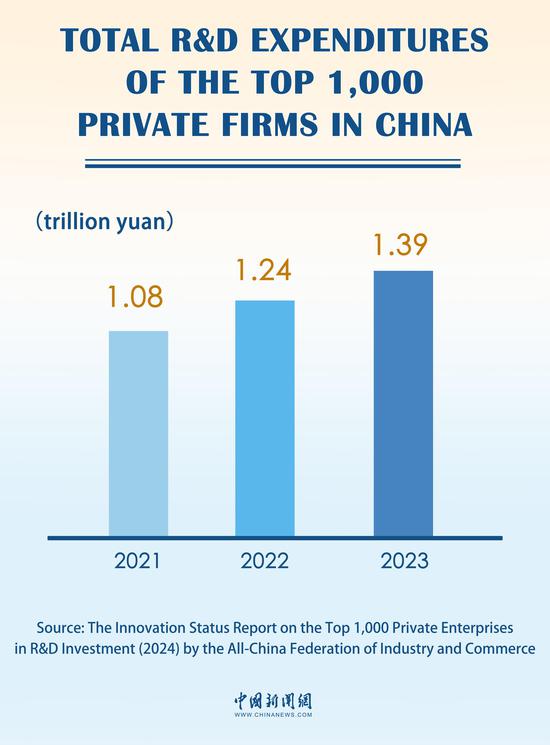
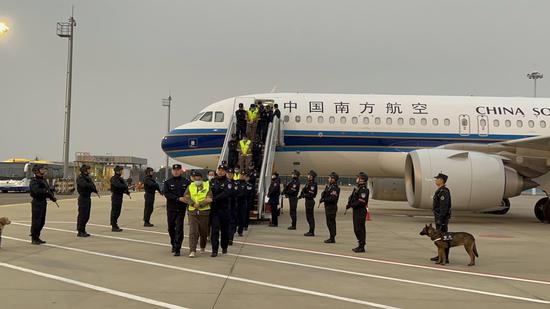


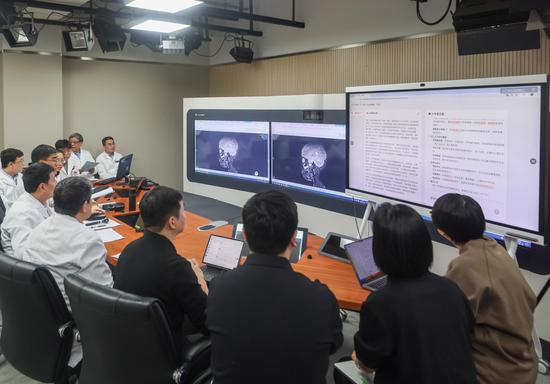



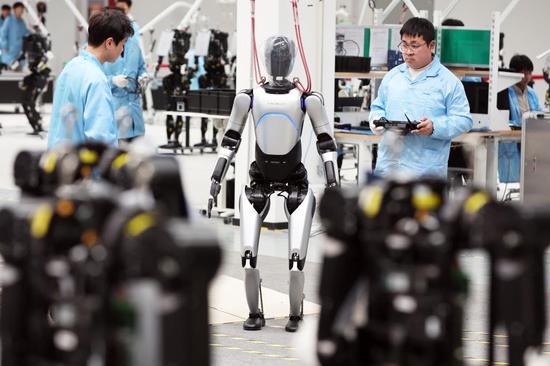



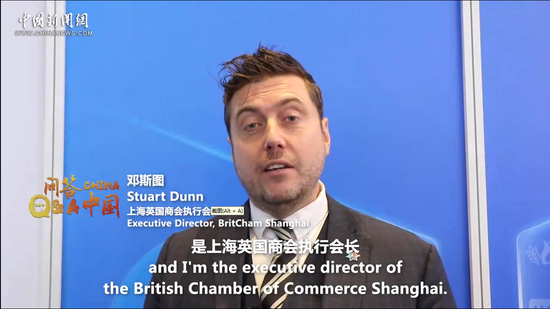

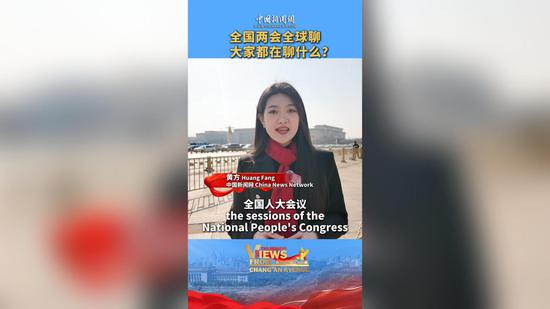

 京公網(wǎng)安備 11010202009201號(hào)
京公網(wǎng)安備 11010202009201號(hào)